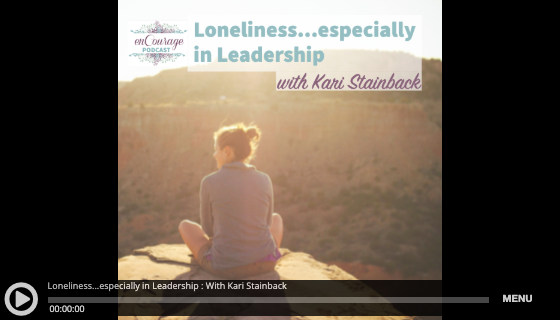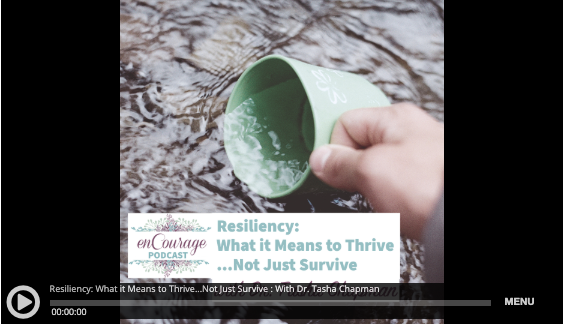Because Christ Sat Down
There’s a canvas hanging in my bedroom, one given to me by a friend. She allowed me to pick a verse, and I chose this passage: “But when this priest had offered for all time one sacrifice for sins he sat down at the right hand of God…for by one sacrifice he has made perfect forever those who are being made holy” (Hebrews 10:12-14). It never fails to amaze me when I consider the contrast of two types of priests. Old Testament Priesthood Old Testament priests had many duties including representing the people before God and offering the various sacrifices prescribed in the law. If you’ve ever done a study in Leviticus, you know that these sacrifices were many. They were also unending; the priests had to repeat them day after day. You and I can relate to unending jobs: unending laundry, unending meal prep and clean up, unending vacuuming. Priests also stood to indicate that their job was never finished. That’s because the people continued to sin, requiring repeated sacrifices. These sacrifices were earthly and temporal, and therefore not effective. The blood of bulls and goats could not satisfy the wrath of God; it could not fully pay the debt for sin. God used this sacrificial system to burn into his people’s hearts the reality of their fallenness, to show them that they needed not just a temporary sacrifice, but a perfect and forever sacrifice. They needed their sin covered once and for all. The book of Hebrews looks at the Old Testament sacrificial system and unpacks its limitations and flaws. It shows us how it was temporary—how it pointed to something greater.










